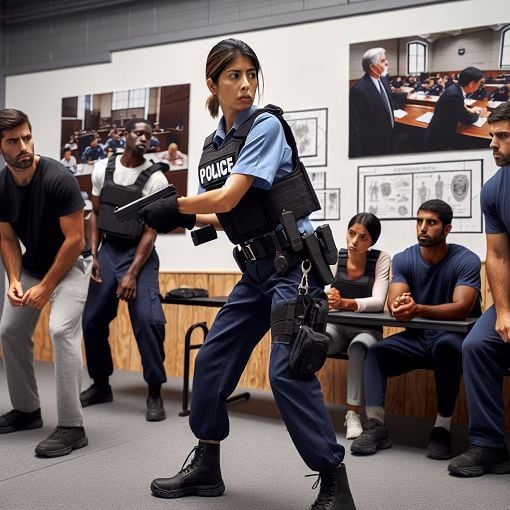Use of Force
{"name":"Use of Force", "url":"https://www.quiz-maker.com/QPREVIEW","txt":"Test your knowledge on the principles of use of force with our comprehensive quiz designed for law enforcement professionals and students. Understand key legal cases, techniques, and scenarios involved in the appropriate application of force.Assess your understanding of force lawsEngage with real-life legal casesLearn essential handcuffing and control techniques","img":"https://cdn.poll-maker.com/104-5105576/img-g2hia4ivgg3qevzpvcsxeqvk.jpg"}
More Quizzes
Use of force exam part 2
16827
LCDPS ERT Certification Exam
1050
Merchant of Venice Act 1 Scene 2
6319
Quiz - fjellkededannelse og deformasjon
21100
Possessive Adjectives - Free English Grammar Practice
201018489
Aircraft Recognition - Name the Aircraft
201017101
Pre Calc Questions - Free Pre‑Test
201019486
Why Does My Wife Hate Me? - Free Self‑Assessment
201018567
Apple Trivia - Test Your Fruit Knowledge (Free)
201016857
Electronic Health Records Practice Test - Free Online
201021639
Who Assists the Referee in Volleyball? Free
201023043
Military Career (Free): Is Service Right for You?
201016623
